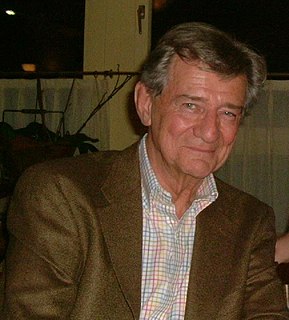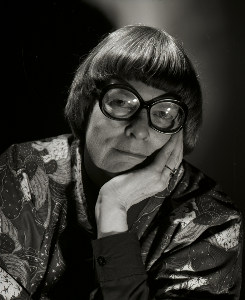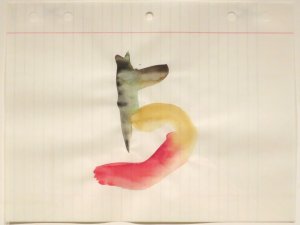A Quote by Roland Barthes
Is the scene always visual? It can be aural, the frame can be linguistic: I can fall in love with a sentence spoken to me: and not only because it says something which manages to touch my desire, but because of its syntactical turn (framing), which will inhabit me like a memory.
Related Quotes
The photograph is literally an emanation of the referent. From a real body, which was there, proceed radiations which ultimately touch me, who am here; the duration of the transmission is insignificant; the photograph of the missing being, as Sontag says, will touch me like the delayed rays of a star.
Because there is something in the touch of flesh with flesh which abrogates, cuts sharp and straight across the devious intricate channels of decorous ordering, which enemies as well as lovers know because it makes them both:---touch and touch of that which is the citadel of the central I-Am's private own: not spirit, soul; the liquorish and ungirdled mind is anyone's to take in any any darkened hallway of this earthly tenement. But let flesh touch with flesh, and watch the fall of all the eggshell shibboleth of caste and color too.
We frame things in an off-kilter way because it's unsettling. In the 'Mr. Robot' world, that's the norm, and it's the norm for the point of view that we're looking for, which is Elliot's. With our compositions and our visual language and camera movements, it's important to always evoke that unsettling feeling underneath every scene.
It's not the length but the quality of life that matters to me. It has always been important to me to write one sentence at a time, to live every day as if it were my last and judge it in those terms, often badly, not because it lacked grand gesture or grand passion but because it failed in the daily virtues of self-discipline, kindness, and laughter. It is love, very ordinary, human love, and not fear, which is the good teacher and the wisest judge.
There is something so sad about going online and seeing almost everyone shouting ‘Notice me, notice me!’ Which is such a human desire—to be acknowledged. But me responding to that with some sort of ‘You’re noticed, you’re seen’ only perpetuates the loneliness. Because I’m not seeing you; I’m not noticing you. And whoever you are, you so deserve to be noticed and valued. I feel lucky to have not grown up with the Internet because it forced me to get out, struggle and be so messy.
The way something looks or sounds is also what it means. Words as visual and aural phenomena, which mainly poets, not critics and prose writers, tend to be obsessed with. I think maybe I'm more of a curator than I am a writer in the strict sense because I am interested in how everything on the page, in a space, works together.
If you're going to be a visual artist, then there has to be something in the work that accounts for the possibility of the invisible, the opposite of the visual experience. That's why it's not like a table or a car or something. I think that that might even be hard for people because most of our visual experiences are of tables. It has no business being anything else but a table. But a painting or a sculpture really exists somewhere between itself, what it is, and what it is not-you know, the very thing. And how the artist engineers or manages that is the question.
I may be able to spot arrowheads on the desert but a refrigerator is a jungle in which I am easily lost. My wife, however, will unerringly point out that the cheese or the leftover roast is hiding right in front of my eyes. Hundreds of such experiences convince me that men and women often inhabit quite different visual worlds. These are differences which cannot be attributed to variations in visual acuity. Man and women simply have learned to use their eyes in very different ways.
Celebration is not because some desire is fulfilled - because no desire is ever fulfilled. Desire as such cannot be fulfilled. Desire is only a way to avoid the present moment. Desire creates the future and takes you far away. Desire is a drug; it keeps you stoned, it does not allow you to see the reality - that which is herenow.
My job is unbearable to me because it conflicts with my only desire and my only calling, which is literature. Since I am nothing but literature and can and want to be nothing else, my job will never take possession of me, it may, however, shatter me completely, and this is by no means a remote possibility.

































